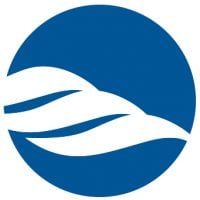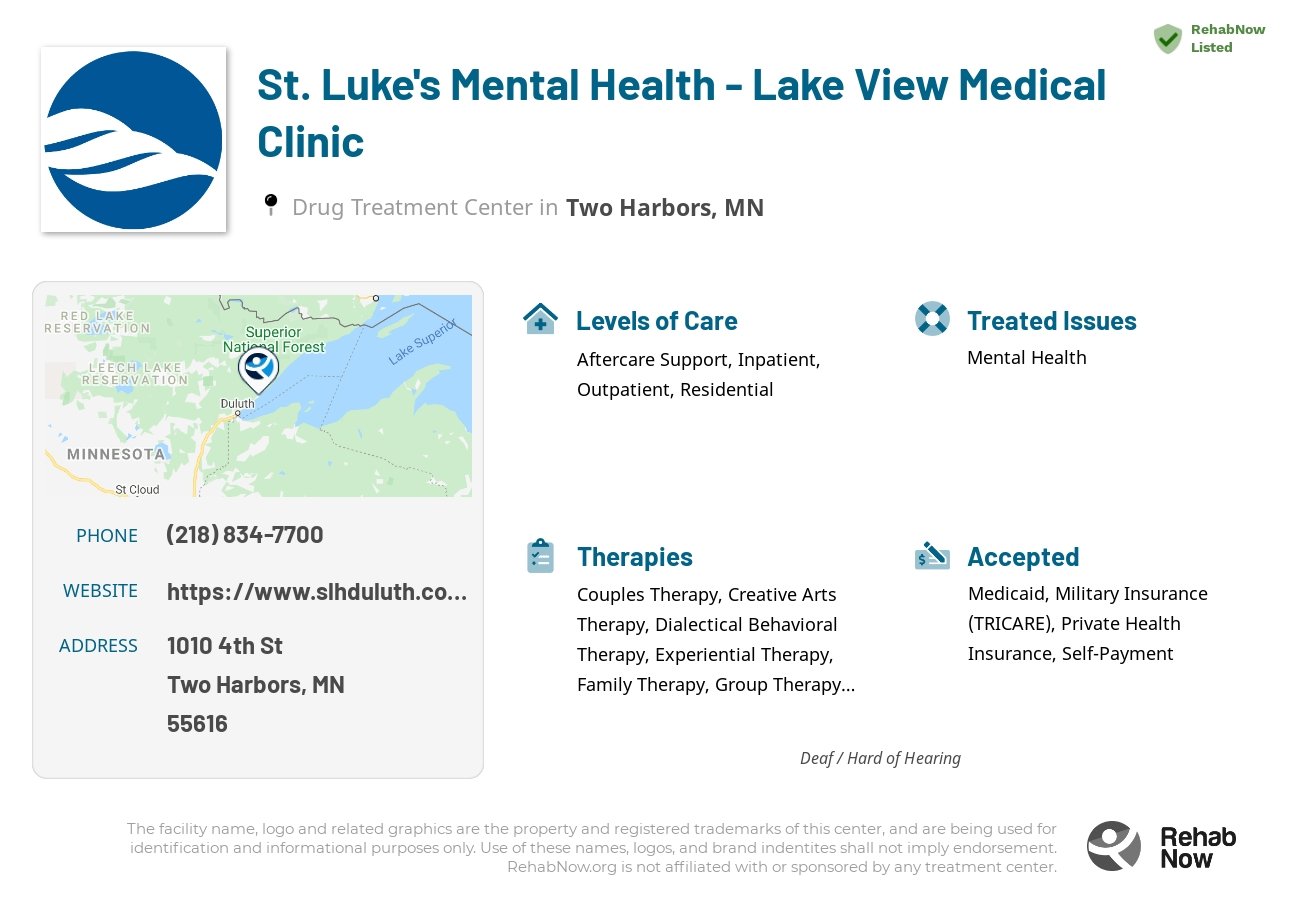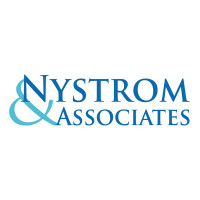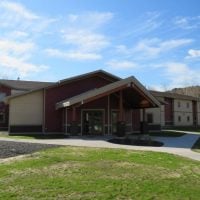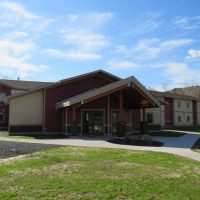St. Luke's Mental Health - Lake View Medical Clinic
Drug Rehab Center in Two Harbors, Minnesota
St. Luke's Mental Health - Lake View Medical Clinic in Two Harbors, Minnesota offers comprehensive mental health and substance abuse treatment services, including individual and group therapy, medication management, family counseling, relapse prevention services, and support group meetings, as well as resources and programs to support individuals in their recovery journey.
About St. Luke's Mental Health - Lake View Medical Clinic in Minnesota
St. Luke's Mental Health - Lake View Medical Clinic, nestled in Two Harbors, Minnesota, specializes in outpatient treatment for individuals grappling with mental health issues. This clinic stands out for its patient-centered approach, high-quality medical staff, and a wide array of services including clinical hypnosis and biofeedback.
- Patient-Centered Focus: At the heart of their care, the clinic prioritizes the needs and well-being of its patients, ensuring a supportive recovery journey.
- Wide Range of Services: From emergency services to outpatient care, the clinic offers diverse treatments including clinical hypnosis and biofeedback.
- Specialized in Mental Health and Addiction: With a focus on mental health and addiction, the clinic provides comprehensive care for conditions like depression, anxiety, and major psychiatric illnesses.
Accredited by the state of Minnesota and certified by the Joint Commission, St. Luke's Mental Health - Lake View Medical Clinic is recognized for its excellence in healthcare. They accept private health insurance, making their services accessible to a broader community.
The clinic offers treatment for a variety of issues including depression, anxiety, adjustment disorders, and major psychiatric illnesses. Their methods encompass cognitive-behavioral therapy, dialectical-behavioral therapy, and motivational interviewing, tailored to individual needs.
Genders
Ages
Modality
Additional
Accreditations
State License
Conditions and Issues Treated
Levels of Care Offered
This center offers a variety of custom treatment tailored to individual recovery. Currently available are Aftercare Support, Inpatient, Outpatient, Residential, with additional therapies available as listed below.
Inpatient treatment for alcoholism or drug addiction is an option that provides the addict with a supportive environment in which they can stop using. This type of treatment is appropriate for addicts that are most in need of intensive care and supervision. This includes those who were unable to quit on their own, those who need more structure than they can get in outpatient treatment.
“Outpatient treatment is ideal for those who have a lower intensity addiction. It’s also suitable for those with a supportive environment and those on a tight budget.
Outpatient treatment can be considered the lowest intensity level of addiction treatment. It is ideal for early phase addiction or lower intensity addictions. It may involve weekly sessions instead of daily. Peer group support, 12-step programs, and individual counseling may still be used and anti-addiction medication.
Residential treatment programs are those that offer housing and meals in addition to substance abuse treatment. Rehab facilities that offer residential treatment allow patients to focus solely on recovery, in an environment totally separate from their lives. Some rehab centers specialize in short-term residential treatment (a few days to a week or two), while others solely provide treatment on a long-term basis (several weeks to months). Some offer both, and tailor treatment to the patient’s individual requirements.
Aftercare support is vital to those who have completed a drug or alcohol treatment program. This support comes in individual and family counseling, treatment of psychiatric and other medical conditions, and medications to reduce cravings. It helps recovering addicts adjust to normal day-to-day activities and can last for a year or longer.
The majority of drug and alcohol addicts who receive aftercare treatment do not relapse. It is estimated that without aftercare, the relapse rate will be between 70 to 90 percent for most people. Aftercare is the final stage in addiction recovery, but it will also help maintain sobriety if relapse does occur.
Therapies & Programs
No single treatment works for all addicts; therefore, the goal of treatment and therapy should be to find what works best for each individual. Some people requiring addiction treatment may only need a few weeks of inpatient care. Others will require long-term residential care. Tolerance and withdrawal levels vary from person to person and thus affect the intensity of the treatment needed.
If an individualized approach to treatment and therapy is not offered, addicts may fail to reap benefits from their efforts. Professionals must customize plans according to their patient’s needs, limitations, and strengths. The goal of all forms of addiction treatment should be for addicts to find healthy ways to cope with their addiction and its underlying causes.
Couples therapy for drug addiction is a unique form of therapy that allows family members to work through the emotional issues of their loved one’s addiction together. Family members can support each other while learning how to cope with the addiction and encourage healthy changes.
Accordingly, couples therapy for drug addiction is designed for an addict and their significant other or spouse. The two will work with a therapist to learn how the addiction affects themselves and the relationship and how to break the negative patterns of behavior that may have developed.
Drug addiction can destroy a person’s life, as well as their family and friends. The loss of one’s ability to choose how to live and behave often leads the addict into depression, anger, guilt, and many emotional problems.
The therapies usually include siblings, children, and parents who are involved in their daily lives. These sessions are vital because they address past issues that may have hampered an addict’s or alcoholic’s recovery and provide support at a crucial time!
One of the most critical aspects of family therapy is helping addicts’ loved ones see their situation in a new light. It’s also one of the most challenging things a family can do when a loved one struggles with addiction or alcoholism.
Group therapy is held in a safe, controlled setting where patients can feel comfortable sharing their struggles and gaining perspective through shared conversations. It takes place in a group rather than one on one to prevent feelings of isolation or being unique in their situation while creating an environment for addicts at St. Luke's Mental Health - Lake View Medical Clinic to develop fellowship, accountability, and support. Group therapy is an important tool in recovery that prevents cravings that prompt a return to active addiction.
Dialectical Behavior Therapy is a form of Cognitive Behavioral Therapy that helps patients understand the relationship between their thoughts, feelings, and behaviors. It is beneficial for those whose addictions and behaviors stem from severe mental health issues. It aims to help the patient achieve their goals and identify how they can enhance their lives.
Cognitive-behavioral therapy is a talking-based method that helps people struggling with addiction replace destructive behaviors with healthier ones. CBT also helps them identify the underlying thoughts and beliefs that cause these behaviors in the first place and ways to control those thoughts and feelings. It can be administered as a holistic therapy or as part of combination therapy and—as opposed to turning to drugs and alcohol—helps addicts learn how to respond to negative thoughts instead.
Patient Experience
Creative Arts
Creative arts therapy is a form of expressive therapy that uses painting, music, poetry, and other creative means to help those battling addiction. It is beneficial for patients to release negative feelings and emotions and explore how their thoughts and emotions play out through the creative process. St. Luke's Mental Health - Lake View Medical Clinic in Two Harbors, MN, offers creative art therapy to help patients cope with addiction and its after-effects.
Experiential Therapy at St. Luke's Mental Health - Lake View Medical Clinic
Experiential Therapy is used by drug treatment facilities to treat substance abuse. This treatment is clinically proven to help addicts in detoxification by allowing them to release emotions in a safe environment. The treatment process involves addicts painting their feelings and releasing them on a canvas.
One of the most popular forms of experiential therapy is known as LPE – Love, Peace, and Equilibrium. Amy Gumowitz developed this treatment in 1992. By implementing her philosophy of “reality therapy” into the treatment, Gumowitz’s results were outstanding. Once her success was validated by those she had been helping, she decided to open her treatment center. Although Gumowitz passed away in 2007, her contribution to the addiction recovery remains effective, and better yet, it is 100% self-sufficient.
Payment Options Accepted
For specific insurance or payment methods please contact us.
Is your insurance accepted?
Ask an expert, call (888) 674-0062
St. Luke’s Mental Health Associated Centers
Discover treatment facilities under the same provider.
- St. Luke's Mental Health - St. Luke's Hospital in Duluth, MN
- St. Luke's Mental Health - Laurentian Medical Clinic in Virginia, MN
- St. Luke's Mental Health - Hillside Center in Duluth, MN
- St. Luke's Mental Health - Hibbing Family Medical Clinic in Hibbing, MN
- St. Luke's Mental Health - Denfeld Medical Clinic in Duluth, MN
Learn More About St. Luke’s Mental Health Centers
Additional Details
Specifics, location, and helpful extra information.
Two Harbors, Minnesota 55616 Phone Number(218) 834-7700 Meta DetailsUpdated April 15, 2024
Staff Verified
St. Luke's Mental Health - Lake View Medical Clinic Patient Reviews
There are no reviews yet. Be the first one to write one.
Two Harbors, Minnesota Addiction Information
Minnesota is fighting an opioid epidemic that is leaving hundreds of its residents dead each year. Both prescription opioids and illicit opioids are widely abused in the Land of 10,000 Lakes. Heroin continues to be one of the most commonly abused drugs in the state, if not the most common illicit drug. Over 10% of all treatment admissions in Minnesota list heroin as their drug of choice.
Treatment in Nearby Cities
- Prior Lake, MN (181.1 mi.)
- Andover, MN (146.6 mi.)
- Minnetonka, MN (169.6 mi.)
- Waconia, MN (182.0 mi.)
- Spring Lake Park, MN (152.8 mi.)
Centers near St. Luke's Mental Health - Lake View Medical Clinic
The facility name, logo and brand are the property and registered trademarks of St. Luke's Mental Health - Lake View Medical Clinic, and are being used for identification and informational purposes only. Use of these names, logos and brands shall not imply endorsement. RehabNow.org is not affiliated with or sponsored by St. Luke's Mental Health - Lake View Medical Clinic.
